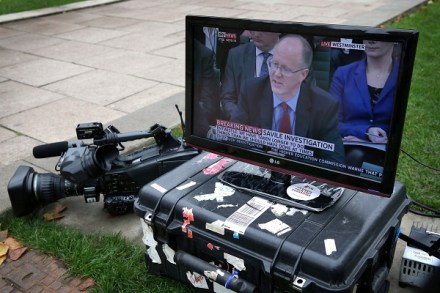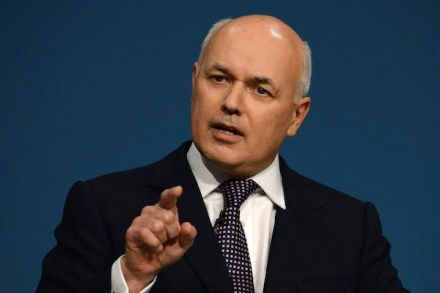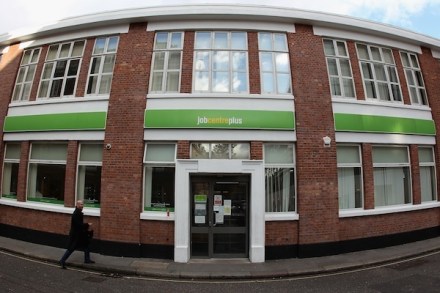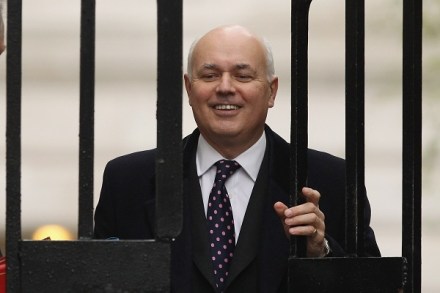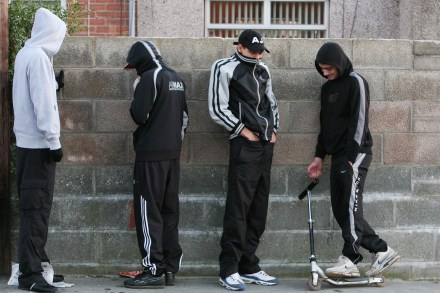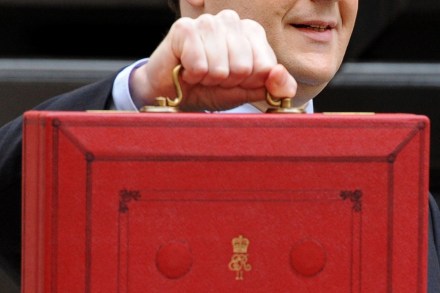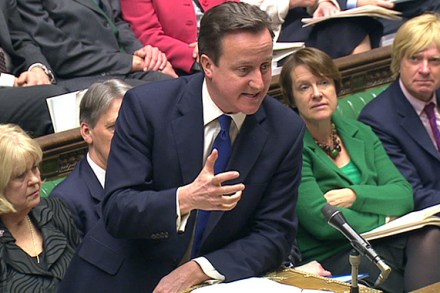A black, bloody insurrection of the hard-working, over-taxed and unbenefited
If you want to understand the mood of modern Britain, James Hawes’s novels of middle class fury are not a bad place to start. Hawes’s heroes are middle-aged men, whose dreams have collapsed. They want the nice, “normal” middle-class homes and secure jobs their parents received as a matter of course. But Britain is not offering them normal anymore. Normal is a foreign country to which they can never return. They are harried and broke. They work in dead end teaching jobs, as Hawes once did. Their homes are in rundown streets, where they must pay vast amounts of money to live in a pokey dump. The moral of Hawes’s
